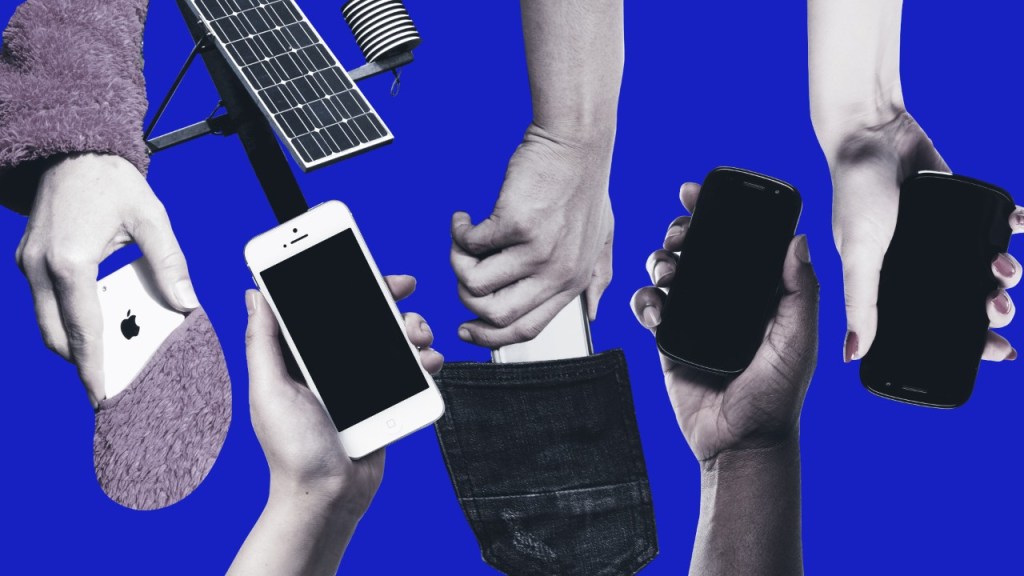IBM is going to start predicting the weather — with your cellphone.
The new forecasting system, announced last week by IBM CEO Ginni Rometty, uses a novel but potentially invasive method: crowdsourced location data from millions of cellphones around the world. Even before this program was introduced, Los Angeles had already decided to sue the company for deceptive data gathering.
Videos by VICE
Most smartphones have had a barometric sensor inside them since 2014, but until now, meteorologists and data scientists haven’t been able to capture the data at scale and use it for weather prediction. Rometty said the system, called the Global High-Resolution Atmospheric Forecasting System, will put forecast accuracy in the developing world on par with systems that exist in North America, Western Europe, and Japan.
“This is the first model that’s of any significance that’s being introduced with crowdsourced data. Most people don’t even know their smartphone has a barometer in it,” said Mary Glackin, vice president of IBM-owned The Weather Company, which runs The Weather Channel.
The data is gathered via millions of users on The Weather Channel app. When a user downloads the app, they can opt-in to location sharing and providing “personalized weather data, alerts, and forecasts.” But the sharing goes further than that. The user agreement, several pages deeper in the app, clarifies that the location data may also be used for “business operations, advertising, or promotions.”
Los Angeles’ lawsuit, however, argues that The Weather Company “deceptively used its Weather Channel app to amass its users private, personal geolocation data.”
“The Weather Company has always been transparent with use of location data; the disclosures are fully appropriate, and we will defend them vigorously,” an IBM spokesperson said.
This segment originally aired January 8, 2019, on VICE News Tonight on HBO.
Editor’s note 1/18/19 12:53 p.m.: This headline has been updated due to an editor’s error.




